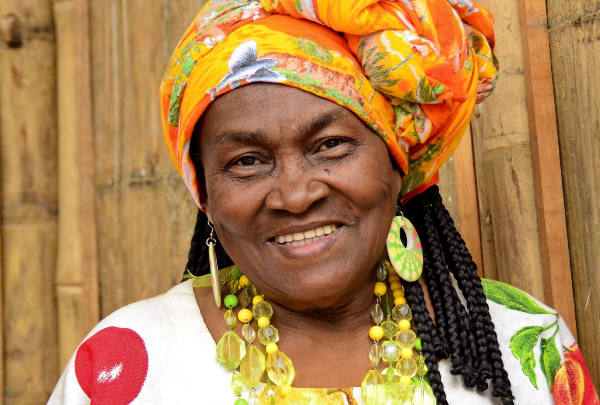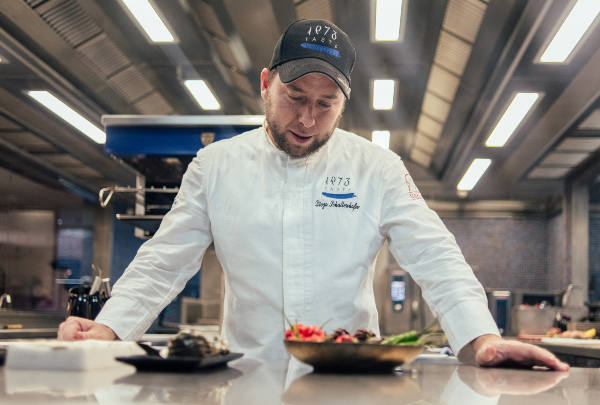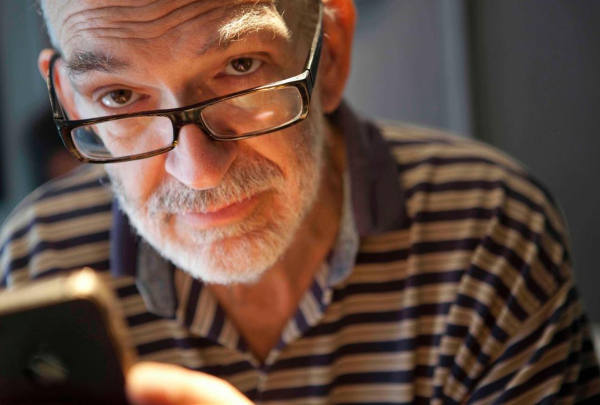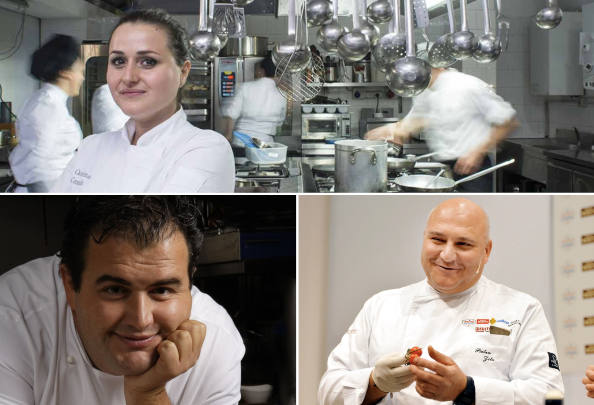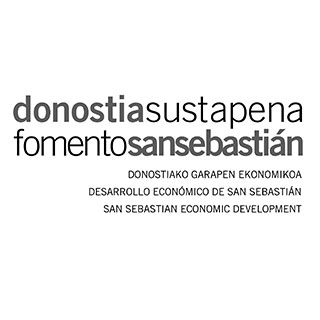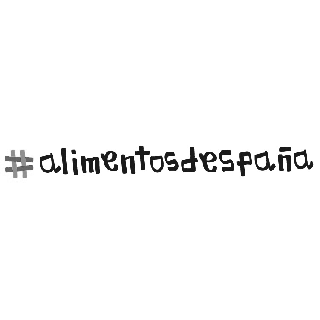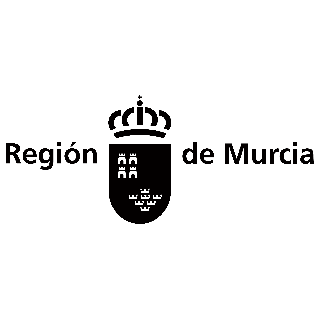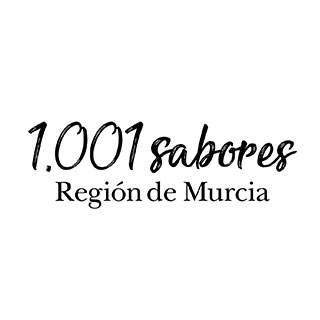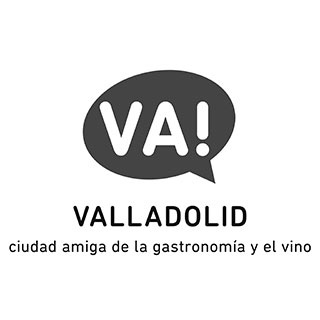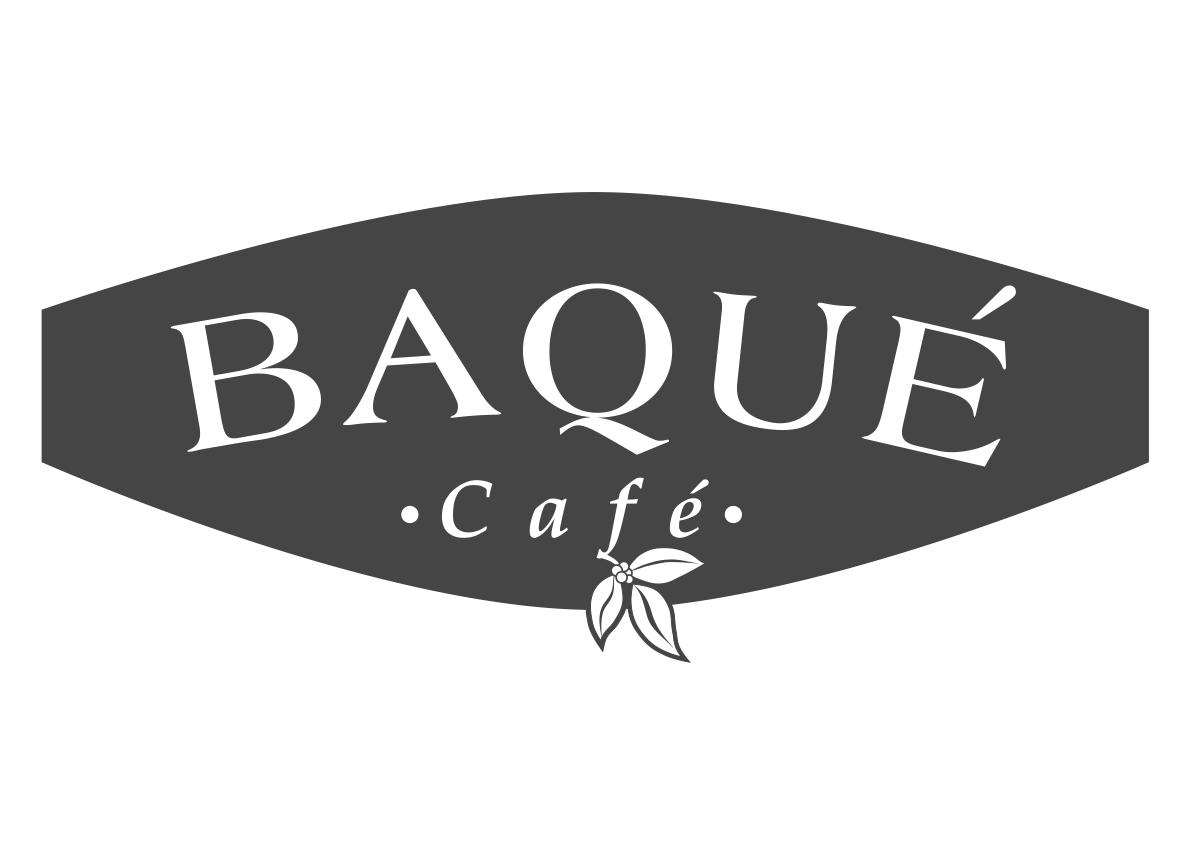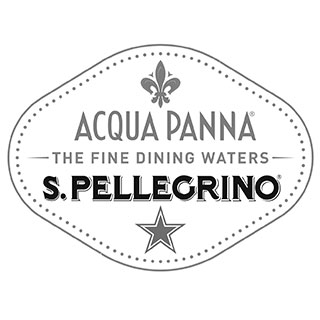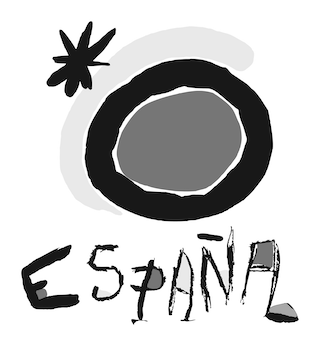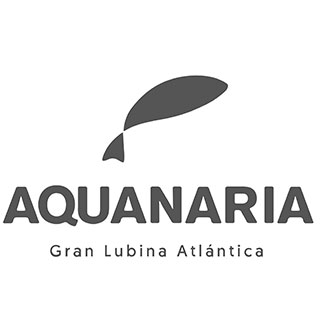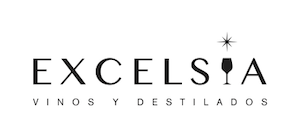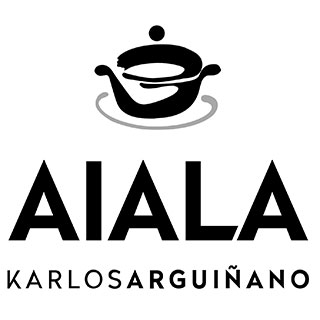Interview
Paco Morales: “They still view us with respect and admiration on the international stage"
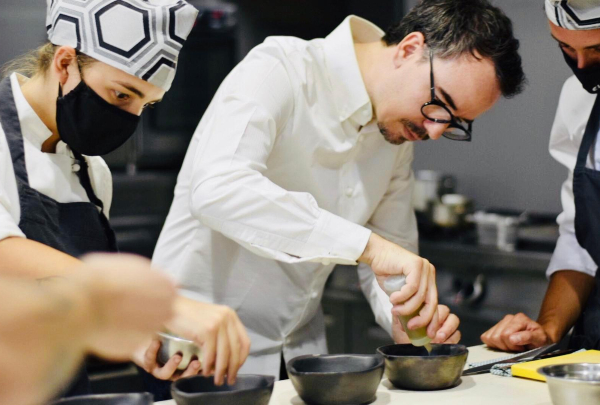
With two Michelin stars for his Noor restaurant, his special fare is based on Andalusian recipes, following a long trail of research.
He was also one of the first chefs to adopt working hours sustainability for his crews, and - after the pandemic - he had to reformat his second restaurant in Andalusia, Nanita, with a more informal setup to adapt to what customers wanted. He believes that the key to success is that fragile balance which positions the focus between the customer and the chef.
We'll be seeing you in San Sebastián in a few weeks - any heads-ups on what you'll be talking about?
The idea is to talk about our work at Noor over the last 5 years. It's important to put things in context, and situate the work during all that time. We set out a number of milestones by using special products which, although they may be more common nowadays, weren't so common when we started out. One example of this is the carob bean.
We also want to cut out any fears of the academic world. At the end of the day, when you're working with the academic world as a chef, it's a little scary wondering whether or not you'll be up to the task. We carried out that process naturally, and we want to talk about it.
You can't be too scared with two Michelin stars, though, can you?
I'm the kind of person who sees a lot through his diners, and that gradually defines us. And, even though it's not actually the case, diners are one thing, and talks at congresses are another. That's where we come into our own. For chefs like me, mucking in at the restaurant every day is easy, but it's not so easy to sum up what we do in the space of 30 minutes. We're not illusionists or magicians, and we aren't the type who wow people on a stage.
After the pandemic, you had to reshape the gastronomic fare at Nanita, which became the more informal "Bar de Paco Morales". Was it tough taking that change on board, when people wanted something else?
Nanita started off with an average bill of 50-60 euros, and we realised that the public didn't respond to that amount. Neither the people who were used to eating tapas in the city, nor people used to restaurants like Noor. We were lucky enough and brave enough to refocus the format without losing our essence. And I say brave enough because, in general, we chefs get soundly whipped for our mistakes. But we did it, and it must be said that the response was fantastic. Our average bill fell quite a bit, to enable customers to have a beer or a hamburger or some squid at a lower price.
In one interview you admitted that at Nanita it was more a matter of blowing your own trumpet, and that the pandemic had forced you to put yourself in the customer's shoes. Did you find it hard to realise that the change was necessary?
That transition from businessman to chef or vice-versa was a matter of "either I close down, or I transform myself”. Anyway, we already had Noor to "blow our own trumpet". The thing is that the "trumpet-blowing" concept is what we learned, what we were taught, what we see at the places we have visited, the perception of superior gastronomy in our country. It's professional deformation. And even though we're making our own way, you go back to the old school because it's what you've experienced, and it's what worked. You make your judgments, wrongly, with the parameters of twenty years ago. But you learn. And there's nothing wrong with making changes to a project.
Is the ego an obstacle in the profession? Does it disconnect chefs from their diners?
Of course, but in our case we closed down in Madrid and closed down in Valencia, and so there's no ego option there. We now have a full house, and we're operating well because we have that aspect well under control.
When you have several experiences under your belt and they haven't worked out, and you've put your chef's stamp on things and said "I'm here, and what I choose is what the customer's going to eat", but now we do things more subtly, with more elegance, more in-house ... we do what we think we can do well, but with much consideration given to the diner.
When you focus on the customer, you start to see what might work, and what might not. And you begin to elaborate on that. Otherwise, if you don't have that experience of failure - as in any other profession - the ego might swallow everything up.
On the other hand, a certain amount of ego and strength is necessary in a crew, because otherwise it's extremely difficult to carry out such personal projects. Egoism or the urge to love what you do is the key component here. The big thing is when that balance is disturbed. And to do that, at some point you can veer to one side or the other. We've been through anything and everything, from one side to the other. And now we're going well, work is more normal these days, and we take things much as we find them.
After some years of gastronomic revolution and the emergence of creativity, do you think Spanish cuisine is losing steam? Do you think it might reach the point French cuisine arrived at, when it stopped developing?
Although that's a question featured in many debates, I was at the 50 Best Gala in Amsterdam, and I observed that both chefs and the international press still view us with respect and admiration. And that's very important.
There are still traces out there of what Ferran Adrià and other chefs did. But it is true that, like what happened to art, you can't be innovating all the time. But I think gastronomy is very interesting indeed in many communities now, and not just in the Basque Country or Catalonia, like before. There's a plurality that wasn't there before.
Ferran's method of constantly questioning everything you do created a DNA in Spanish cuisine ... they still admire us on the international stage, even if they're not shouting about it all the time.
Many circumstances arose during that period to usher in the revolution ... and we also have to cast our minds back to Juli Soler, who's often never mentioned. At elBulli he had a lot to say about how a host can have that ability to treat his customers impeccably, using the art of hospitality I've never seen anywhere since.
And, in some way, all chefs, male and female, we all carry through our own mini-revolution in some way at our restaurants.
It's quite a resilient sector, too ...
Yes, one aspect where we can't be easily beaten is our ability to reinvent, to turn into chameleons. History shows that our culture has an enormous survival capacity. And we're constantly reinventing ourselves. They might be superior to us in many aspects ... in some cases, like René Redzepi at Noma, but you can perceive a huge Asian culture in his Nordic cooking, and Nordic countries have never had an exceptional product, and, as far as I remember, fennel was brought from the Iberian Peninsula during the Visigoth era. At the end of the day, that's how a country's culinary discourse is built. We have our essence.
I still see customers who are wowed by half-cured "bottarga" roe or some recipes with those crazy combinations we come up with in Spain. You don't see that so much elsewhere.
And, references? ...
I see myself as more from the generation of a Pierre Gagnaire or a Bras, in the sense that they did things very differently in France at the time. And I see that nowadays a lot of chefs in our country have that spirit of not following the rules, not sticking to the script. And that's our DNA, doing things so differently, and really that's the way I feel.
For years, the emergence of chefs upgraded their personages and their profession. Now it would seem that the focus has switched to the product - is it the producer's turn to give it the space it deserves?
Yes, definitely. This also happens in the value chain and in other professions where, if the artisan is not appreciated, neither is anything else behind him. It's quite natural. And this is a story that must be told. If chefs weren't appreciated before, why would anyone appreciate the people delivering the peas or the milk?
It's time for people who have something to say to speak out, producers or waiters.
Which changes brought by the pandemic do you think will be consolidated in the future?
The other day Joan Roca told me they were working 8-hour days, and then there's Oriol at Hisop, who's been doing 40-hour weeks for years now. Look at that - I think we can bring in that change. We wouldn't have dared do that before ...
What we can't have - and a lot of people forget this - is some people suffering so that others can have a good time ... otherwise, where's the excellence? That's more or less what it's about.
After a while, there'll be a change of paradigm if we all pitch in. And that will be the nub of the issue. In France they work a 40-hour week. In our case, if we go on working like during the pandemic, we must have a stable crew. We can't get things down without them. We have to rethink the catering industry.
And those endless working hours lead to the problem of staff shortages
Of course, and we're going through that now. We're probably going to open on Thursday, Friday, Saturday and Sunday lunch time to balance out the hours. We were one of the first Spanish restaurants to open from Wednesday to Saturday. Just four days, and we've been doing that for four years. Like they do in Paris. And we're going to go one step further. We do two sittings, but instead of doing four as we had done until now, which is a killer, we'll try to bring it down to three.
In the end we all have to chip in to make things sustainable. On the social level, I'd like to convey the message that we have to learn to have more respect for one another.

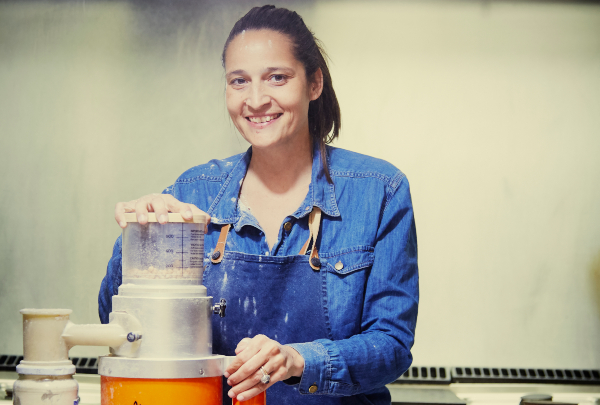
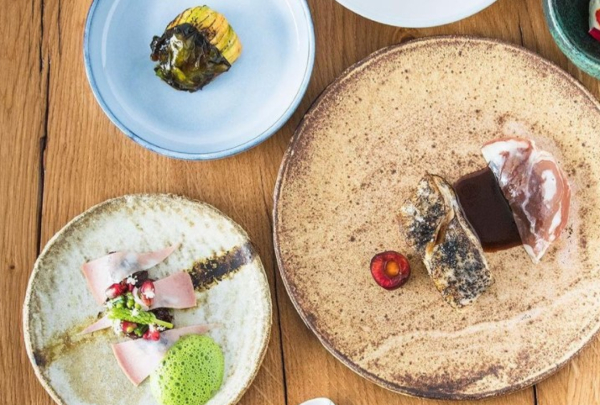
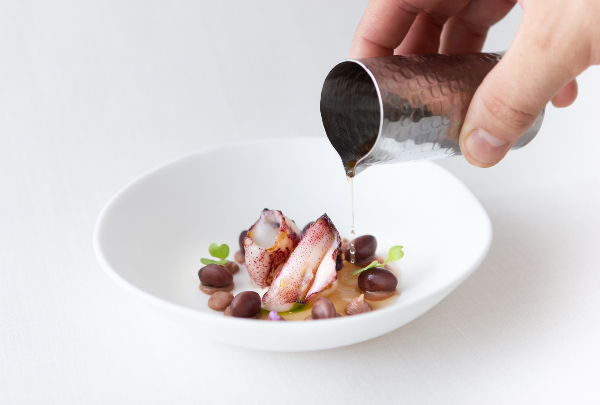
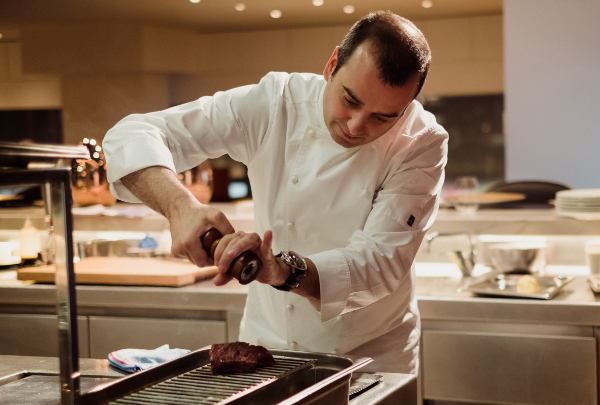
.jpg)
